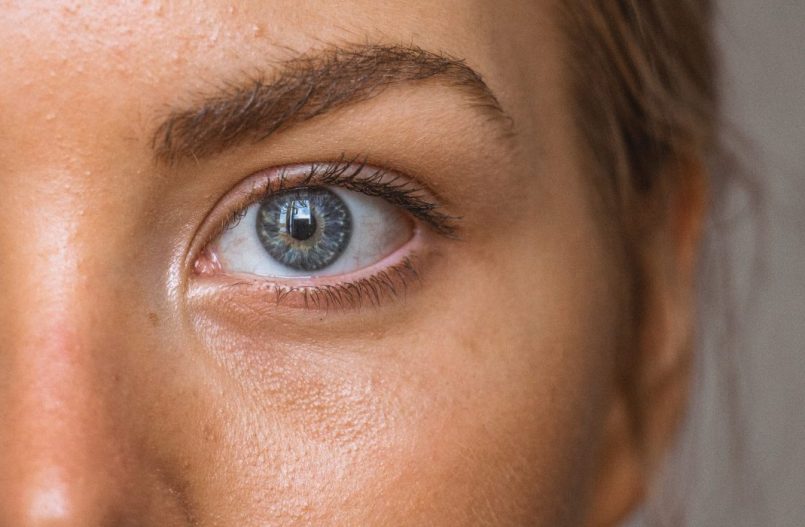Adele Sparavigna*
DermIng srl, Clinical Research and Bioengineering Institute, Milan, Italy
Journal of Clinical & Experimental Dermatology Research, April 14, 2017
Objective: A novel equine type I collagen treatment consisting of an intradermal injection associated with the use of a topical mousse was developed with characteristics especially suited for global face rejuvenation. A multicenter, investigator-initiated, open clinical trial, conducted by 6 italian centers, was carried out to evaluate the anti-age performance of this combined treatment.
Methods: The study was conducted on 72 female healthy subjects, age range 40-65 years, asking for midface volume restoration and presenting cutaneous aging/photoaging signs. The 1st injection treatment with the injectable product was performed immediately after the basal evaluation (T0). Two touch-up treatments were performed after 2 (T1) and 4 weeks (T2). Collagen mousse was to be applied by the volunteers on the face (including the submental area) twice a day, with a mild massage. Subject returned 2 (T3), 3 (T4) and 6 months (T5) after the 1st injection treatment for the follow-up evaluation. The aesthetics results were established through the use of clinical evaluations (Wrinkle Severity Rating Scale (WSRS), Facial Volume Loss Scale (FVLS), and wrinkles grade of the area around the eyes (Glogau’s reference photographic scale)) and instrumental assessments (profilometry on skin replicas) supported by photographic documentation and face volume image analysis. Secondary endpoints were tolerance evaluation, performance duration and subjects’ efficacy judgement.
Results: The study treatment determined a very significant reduction of all clinical parameters considered
(Crows’ feet grade, FVLS and WSRS) at every study time. Profilometry on crows’ feet skin replicas and face volume image analysis confirmed the clinical evaluation, showing a statistical/clinical significant reduction of all the profilometric parameters (anti-wrinkle efficacy) and a consistent improvement of cheek volume (bio-revolumetric effect).
Conclusion: Obtained results confirm the anti-aging activity of the associated collagen treatment (injectable
dermal filler and topical mousse). The aesthetic performance resulted persistent up to the final follow-up visit, sign of
a long-lasting stimulating activity on cellular functionality of the associated treatment. The majority of volunteers underlined a very marked reshaping of face contour as well as an important improvement of skin smoothness, brightness and hydration. The study treatment was well tolerated, no unexpected adverse reaction related to the tested products/injection procedure occurred during the trial.

